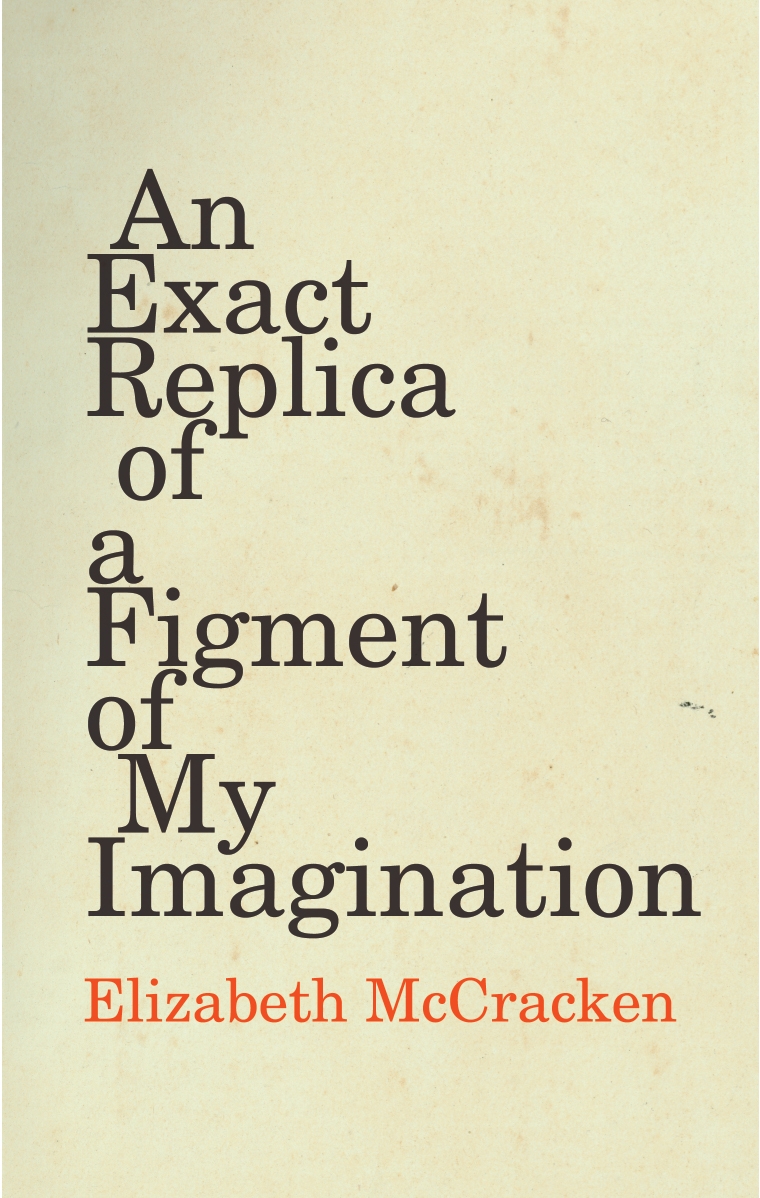

“I don’t know how many times I’ve said that I would recognize an Elizabeth McCracken sentence from a mile away, so singular and distinctive is her prose, so unlike anyone else writing today. “After all this time, I’m still in awe of her,” Dunow says. They began their careers together and have stayed loyal to one another ever since. (The author Ann Patchett must feel similarly, since, as she once told NPR, McCracken is her favorite-and often only-early reader.) The author-agent match was made when McCracken was a graduate student at the Iowa Writers’ Workshop and Dunow was a fledgling agent. “There’s no author I cherish more,” Dunow says. She’s been with her agent, Henry Dunow, for over 30 years, and she’s long been married to playwright and novelist Edward Carey. The author clearly treasures the long-lasting. That the title story of her new collection takes place at a real souvenir museum is also no coincidence: McCracken and her family collect antique knickknacks, and they are clustered throughout the house. This theme of time lost pervades McCracken’s work-as does a sense of mirth over life’s ephemeral nature.

A memory you could plan to keep instead of being left with the rubble of what happened.” Decades later, it still bothers me.” In the title story, the narrator muses on the meaning of souvenirs: “Souvenir: a memory you could buy. But the retrospective narrator warns: “There isn’t a moral to the story. In the story “It’s Not You,” for example, the narrator looks back on a stay at a hotel when she was heartbroken and had an encounter with a famous radio psychologist. And they are aware of their place in history. Her bloody-minded eccentrics are on full display in The Souvenir Museum. Reassured that she’s been asked to expound and is not being pretentious, McCracken concludes, succinctly, “I’m interested in people who are emotionally different.” “Now I’m sounding pretentious, and I can’t stand the sound of my voice. People who do not feel obliged to conform, people who don’t necessarily feel the same societal.” She laughs at herself. I’m interested in people who are different because of pure bloody-mindedness. “Well, there’s always a cat in my books,” she says, sitting back down in front of an ajar wooden dresser. When asked what characterizes her work, McCracken, who teaches fiction at University of Texas at Austin, pauses to give the question real thought-and to let her cat out.


 0 kommentar(er)
0 kommentar(er)
